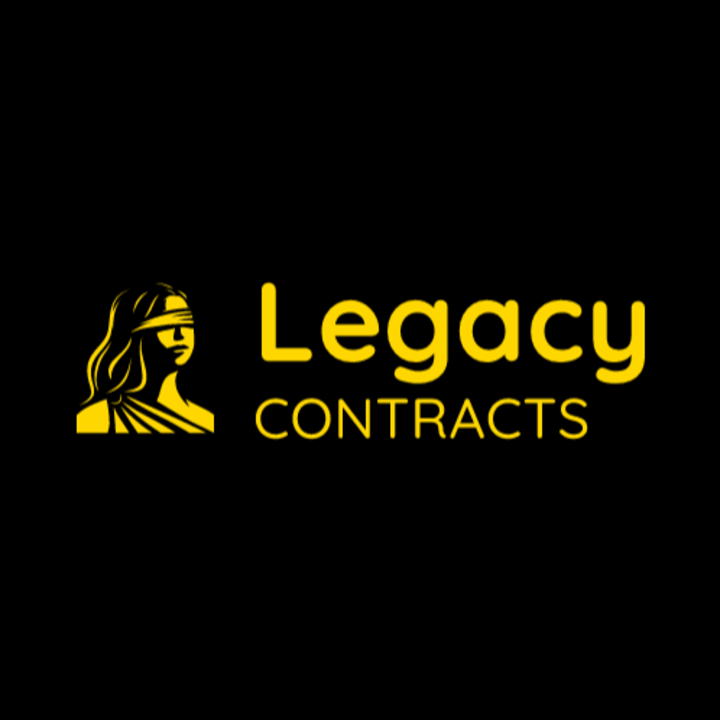How to Conduct Effective Client Intake: Best Practices for Legal Assistants to Gather Crucial Information During Client Interviews

When a client seeks legal assistance, the initial client intake process is crucial for establishing a strong foundation of communication and understanding between the legal team and the client. As a legal assistant your role in conducting an effective client intake is essential in gathering relevant information to support the attorney-client relationship. In this blog we will explore the best practices for legal assistants to conduct client intake interviews and ensure the collection of crucial information.
1. Prepare and Create a Welcoming Environment:
The first step in conducting an effective client intake is creating an environment that encourages open dialogue. Prepare for the client interview by reviewing the relevant legal documents and taking note of any specific questions or concerns. Ensure that the meeting space is comfortable, private, and free from distractions to allow the client to feel at ease and open to sharing information.
2. Establish Rapport:
Building rapport is vital to capturing accurate and detailed information during the client intake process. Start by introducing yourself, explaining your role, and expressing empathy towards the client's situation. Active listening skills such as maintaining eye contact, nodding, and asking follow-up questions will demonstrate your attentiveness and genuine interest.
3. Implement a Structured Interview Process:
Adopting a structured interview process helps ensure consistency and thoroughness in gathering information from clients. Create a standardized intake form or checklist to cover essential areas including: personal details, case background, relevant dates, and any supporting documentation. This structure will help guide your conversation and prevent crucial information from being overlooked.
4. Ask Open-Ended Questions:
To elicit detailed responses, use open-ended questions that require more than a simple yes or no answer. These questions encourage the client to share relevant information and provide a comprehensive understanding of their circumstances. For example instead of asking "Did the incident occur at work?" try asking "Can you describe the circumstances surrounding the incident and where it took place?"
5. Be Empathetic and Non-Judgmental:
During the client intake process it is important to approach each client with empathy and without judgment. Clients may be sharing sensitive or emotionally charged information and it is essential to create a safe space for them to express themselves freely. Reinforce confidentiality and assure the client that their information will be handled with the utmost discretion and professionalism.
6. Take Detailed Notes:
While actively listening to the client take detailed notes to record their statements accurately. Document important facts, dates, and any other information that may be relevant to their case. These notes will serve as a valuable reference for the attorney when building the client's case and will prevent any misinterpretations or omissions.
7. Prompt Follow-Up Questions:
When the client provides information it is crucial to ask follow-up questions to clarify any ambiguities or fill in missing details. This process ensures that all necessary facts are captured accurately and reduces the risk of miscommunication. For example if the client mentions an incident but does not provide a specific date ask for further clarification to avoid any confusion.
8. Manage Expectations:
During the client intake, legal assistants should inform clients about the legal process, expectations, and timelines. Explain the steps involved, potential costs, and any required documentation. Managing client expectations from the beginning helps establish a transparent and honest relationship ensuring that the client understands the legal process and their role in it.
The client intake process is an essential step in building a strong attorney-client relationship. As a legal assistant, following these practices can help you gather crucial information effectively. Remember to be empathetic, establish rapport, ask open-ended questions, and create a structured approach to ensure all necessary details are captured accurately. Conducting an effective client intake not only benefits the client but also sets the stage for a successful legal representation.










